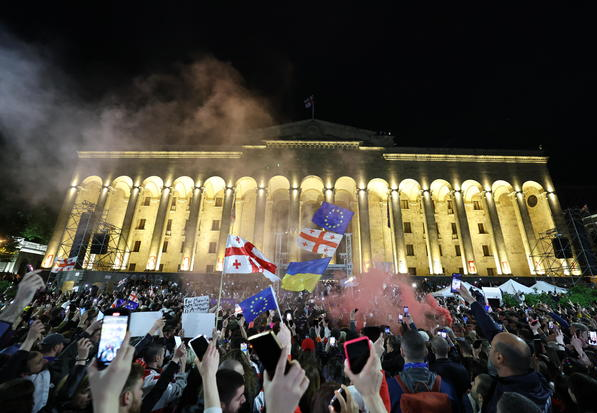
Georgia’s parliament has passed a controversial “foreign agent” law despite widespread protests and criticism, sparking fears of threats to media freedom and the country’s relationship with the European Union. The law, similar to Russia’s legislation, requires organizations receiving more than 20% of their funding from abroad to register as pursuing foreign interests.
Critics argue that the law could suppress dissent and stifle civil society, echoing concerns raised by Western leaders. EU foreign policy chief Josep Borrell warned that the law could negatively impact Georgia’s progress towards EU membership, emphasizing the importance of upholding democratic principles.
The protests, which have been ongoing for over a month, reflect growing discontent with the government’s perceived alignment with Russia. Many protesters see the law as a step towards closer ties with Moscow, raising concerns about Georgia’s sovereignty and independence.
Despite international condemnation and domestic opposition, the ruling Georgian Dream party pushed through the legislation, highlighting divisions within the country’s political landscape. President Salome Zourabichvili has vowed to veto the law, but the party has the majority needed to override her decision.
As tensions escalate, Georgia faces a crucial moment in its path towards European integration. The protests signal a grassroots movement for democracy and transparency, challenging the government’s narrative and calling for respect for fundamental rights and freedoms.

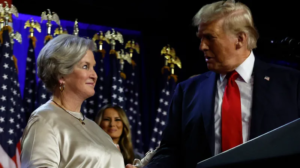
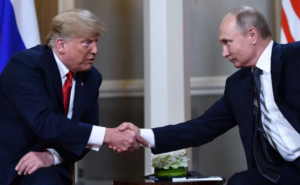
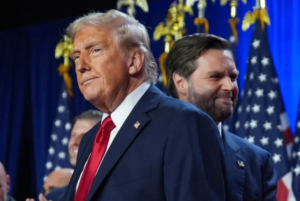

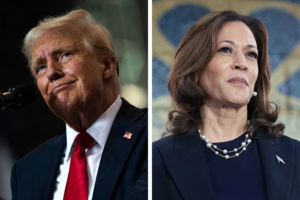
Be First to Comment